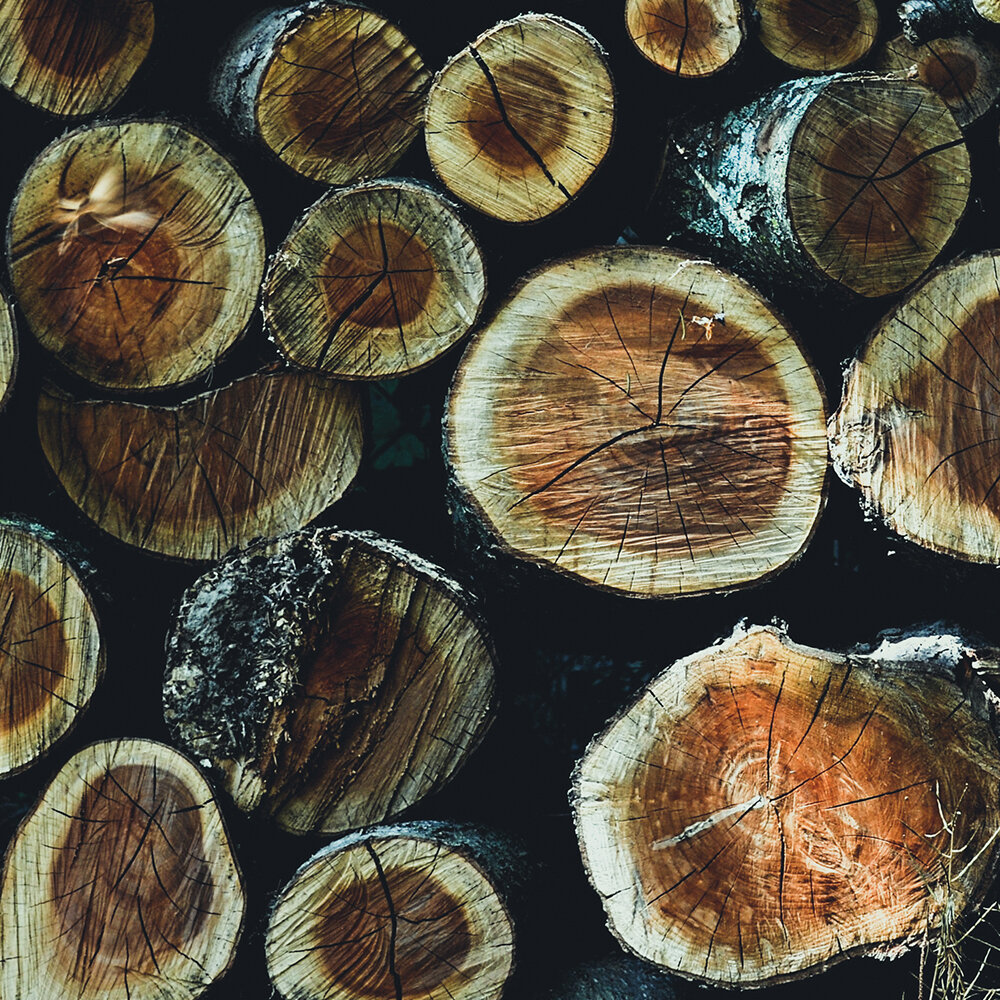Cedarwood Lebanon Oil
Premium Natural Ingredient for Perfumery
Cedarwood Lebanon Oil (CAS 89997-33-1) is a rare natural essential oil obtained from Cedrus libani, the ancient cedar species native to the mountains of Lebanon. Unlike Texas or Virginian cedarwoods, it offers a creamy, warm woody aroma with mild spicy and dusty undertones. This unique olfactory profile makes it a sought-after material for creating refined woody bases that avoid the classic "pencil" note. Due to conservation regulations, true Lebanese cedar oil is rare and typically sourced from sustainable or external harvests (e.g. Cyprus, Turkey).
Premium Natural Ingredient for Perfumery
Cedarwood Lebanon Oil (CAS 89997-33-1) is a rare natural essential oil obtained from Cedrus libani, the ancient cedar species native to the mountains of Lebanon. Unlike Texas or Virginian cedarwoods, it offers a creamy, warm woody aroma with mild spicy and dusty undertones. This unique olfactory profile makes it a sought-after material for creating refined woody bases that avoid the classic "pencil" note. Due to conservation regulations, true Lebanese cedar oil is rare and typically sourced from sustainable or external harvests (e.g. Cyprus, Turkey).
Premium Natural Ingredient for Perfumery
Cedarwood Lebanon Oil (CAS 89997-33-1) is a rare natural essential oil obtained from Cedrus libani, the ancient cedar species native to the mountains of Lebanon. Unlike Texas or Virginian cedarwoods, it offers a creamy, warm woody aroma with mild spicy and dusty undertones. This unique olfactory profile makes it a sought-after material for creating refined woody bases that avoid the classic "pencil" note. Due to conservation regulations, true Lebanese cedar oil is rare and typically sourced from sustainable or external harvests (e.g. Cyprus, Turkey).
Natural Ingredient Overview
🔎 Chemical name: Essential oil of Cedrus libani
🧪 Synonyms: Lebanon Cedarwood Oil, Cedrus libani oil
📂 CAS N°: 89997-33-1
📝 Odor type: Woody
📈 Odor Strength: Medium
👃🏼 Odor Profile: Creamy, warm woody, slightly spicy and dusty; lacks the dry pencil-shaving note typical of Texas or Virginian cedar
⚗️ Uses: Woody base construction, fine fragrance creation where a soft, round cedar effect is required without dryness
🧴 Appearance: Pale yellow liquid
What is Cedarwood Lebanon Oil?
Cedarwood Lebanon Oil is steam-distilled from the aged wood of Cedrus libani, a conifer native to Lebanon and Cyprus. It is considered one of the oldest recorded fragrance materials in perfumery, historically used in ancient rituals and embalming. Due to strict protection laws in Lebanon, direct extraction from wild trees is restricted. Most modern material is either sourced from authorized forestry operations or derived from related stocks in Turkey or Cyprus. The species belongs to the Pinaceae family, not to be confused with juniper-derived cedarwoods.
Olfactory Profile and Perfumery Applications
The oil displays a creamy woody scent with subtle spicy and dusty nuances, distinguishing it from more commonly used cedarwood types like Juniperus virginiana or Juniperus mexicana. Its texture is smoother and rounder, making it ideal for elegant woody bases, oriental structures, or resinous blends where the harshness of standard cedar notes would be undesirable. Typically positioned in the mid-to-base note, it provides excellent tenacity and softness to the drydown. Its distinctive lack of "pencil" dryness makes it an asset in compositions focused on natural sophistication or warm fougère reinterpretations.
Industrial and Technical Uses
Cedarwood Lebanon Oil is used almost exclusively in high-end perfumery. Due to limited availability and higher cost, it is not suitable for mass-market or industrial applications. However, its rarity and complex odor profile give it a niche role in olfactory design, particularly where historical or regional storytelling is involved. Derivatives of Cedrus atlantica are sometimes sold as "Lebanon cedar", but only analytical profiles can confirm authenticity.
Regulatory and Safety Overview
IFRA Restrictions: No current restrictions
EU Allergens: May contain trace levels of naturally occurring terpenes such as limonene or linalool
FEMA GRAS Number: Not registered for flavor use
ECHA Classification: Not classified as hazardous under CLP Regulation
REACH Registration: Not widely registered due to rarity and small production scale
Toxicology Notes: No toxicity concerns at standard use levels; verify authenticity to avoid adulterated material
Ingredient Connections and Synergies
Cedarwood Lebanon Oil blends well with:
Atlas Cedarwood Oil (Cedrus atlantica) – for layered woody complexity
Orris Root Butter – enhances creamy softness
Labdanum Resinoid – amplifies amber-woody balsamic depth
Cypriol Oil (Nagarmotha) – reinforces resinous-earthy warmth

